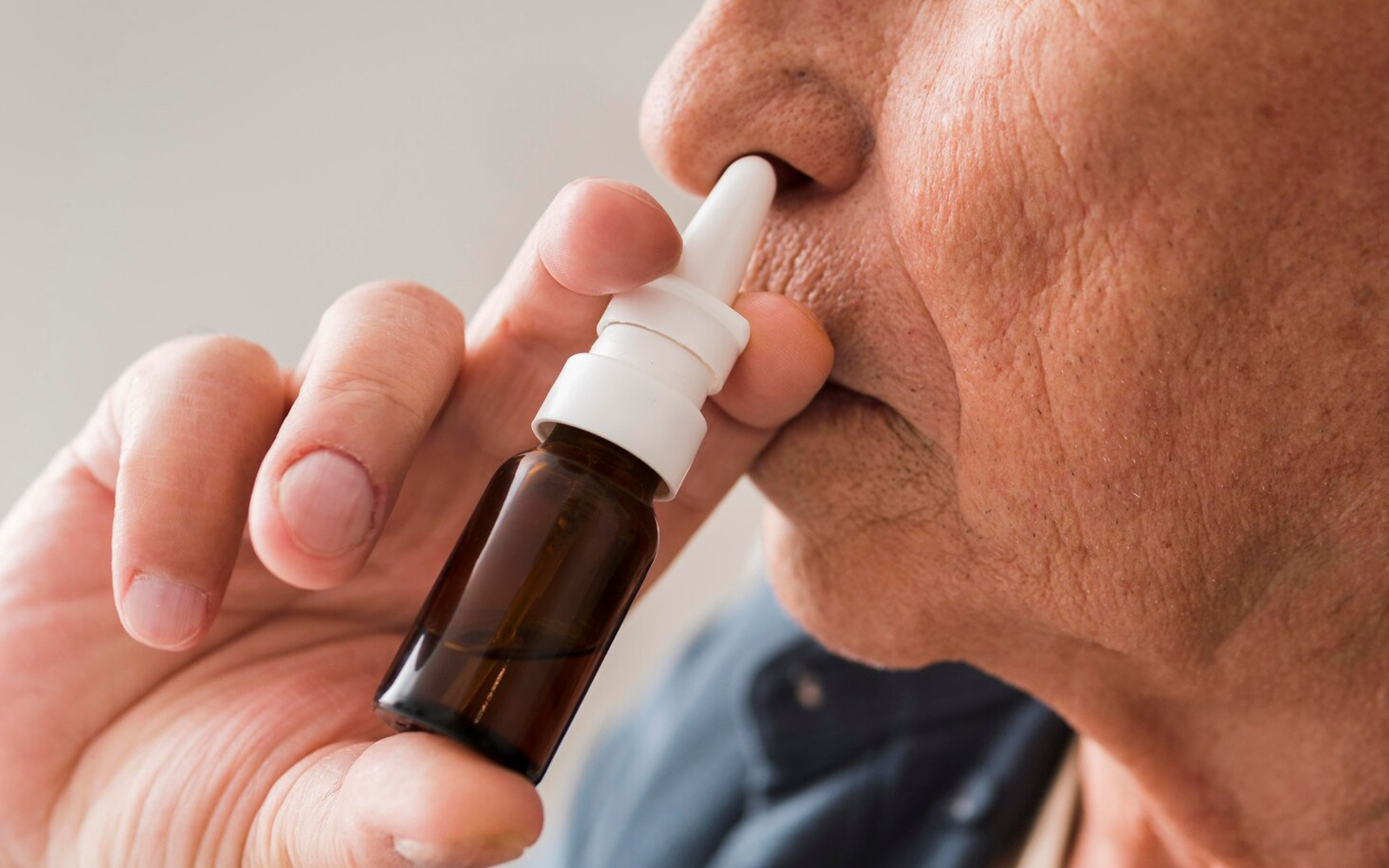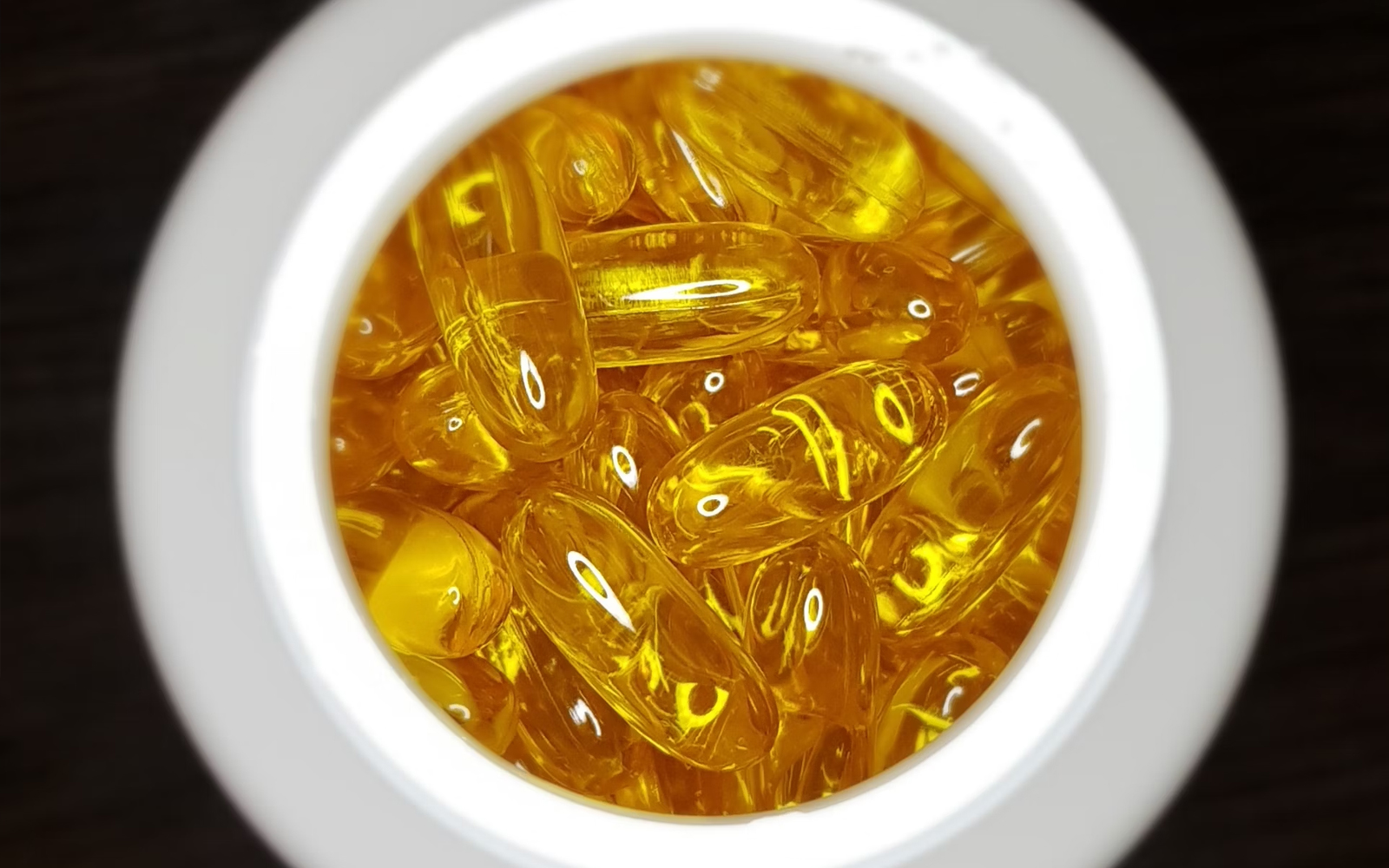
If you enjoy sampling local specialties during your vacation, there’s nothing wrong with that. However, be cautious with these foods.
Fish and seafood are popular with many people, but for those who are sensitive to them, consumption can trigger an allergic reaction requiring immediate medical attention.
Sudden Onset of Symptoms
Allergic symptoms can appear shortly after eating fish or seafood dishes. Common signs include facial redness, hives all over the body, throat swelling, difficulty breathing, choking, dizziness, and sweating.
The most severe form of an allergic reaction, anaphylactic shock, can also occur, potentially leading to loss of consciousness. If you experience any of these symptoms after eating fish or seafood, seek medical help immediately.
Calcium Can Worsen the Situation
A common misconception is that calcium injections or tablets can alleviate allergic reactions. During anaphylactic shock, the patient’s blood pressure drops suddenly, causing nausea and fainting. Calcium has a hypotensive effect (excessive lowering of blood pressure) and is therefore not recommended.
How to Manage It
If you notice any of the above symptoms after consuming fish, seek medical attention immediately, as only a healthcare professional can provide proper treatment. Stabilizing the condition is the priority, and an allergy test is recommended to prevent such severe reactions in the future. Allergy testing is done through blood samples.
Think About Prevention
If an allergy is confirmed, the only treatment is to avoid the offending ingredient. The allergy will not disappear, so a lifelong diet must be maintained.
Symptoms are usually triggered only by consuming fish and seafood dishes. Patients with a confirmed allergy will receive an adrenaline injection, which can control the onset of the allergic reaction and prevent worsening symptoms until professional care arrives.
Causes of Food Allergies
The primary function of the immune system is to protect the body from pathogens. In some cases, however, the immune system reacts inappropriately to foreign material, leading to a reaction. Various antigens can trigger this process, and the reaction’s severity can vary significantly among individuals. One of these hypersensitivity reactions is food allergies.
The most common food allergies include:
- Shellfish
- Mollusks
- Eggs
- Fish
- Dairy products
- Nuts
- Soy
- Peanuts
- Wheat
Allergy to the latex component of natural rubber is not uncommon, and food allergies to items like avocados, bananas, kiwis, papayas, potatoes, tomatoes, and nuts are also frequently identified.


